
A training workshop for selected journalists from the Greater Accra, Eastern, Central, Western and the Volta Regions, representing Zone one (Southern Zone), has taken place at Aburi in the Eastern Region.
The training workshop, organized by the Partnership for Action on Green Economy (PAGE) Project, aimed to provide training for selected journalists to enhance their understanding of the principles and concepts of climate change and green economy, climate change impacts and related Sustainable Development Goals (SDGs).
It also sought to improve the media's understanding of the mainstreaming process of the Metropolitan, Municipal and District Assemblies (MMDAs), effective reporting on climate change and SDGs, and how to hold duty bearers accountable.
The training was also intended to share experiences on the coverage of climate change and green economy related stories and create a network or pool of journalists for effective coverage on climate and green-economy-related SDG issues.
Participants were taken through building and publishing credible climate change and green economy-related SDG stories and to hold duty bearers accountable.
In an address delivered on his behalf at the opening of the workshop on Thursday, the Minister for the Environment, Science, Technology and Innovation, Prof. Kwabena Frimpong-Boateng, pledged government's commitment to working closely with the United Nations Agencies, the Private Sector and other stakeholders to further strengthen the partnership and efforts towards green industry and businesses through science, technology and innovation.
Prof. Frimpong-Boateng traced the history of PAGE to the discussion at the United Nations Conference on Sustainable Development (UNCSD), also known as Rio 2012, Rio+20 or Earth Summit 2012-- the third international conference on sustainable development aimed at reconciling the economic and environmental goals of the global community which was hosted by Brazil in Rio de Janeiro from June 13 to June 22, 2012 which culminated into an initiative by UN agencies, designed and developed to foster green economy transformation.
He said the United Nations Environment Programme (UNEP) in partnership with the International Labour Organization(ILO), United Nations International Development Organization(UNIDO), United Nations Development Programme (UNDP) and the United Nations Institute for Training and Research (UNITAR) launched PAGE at the Governing Council meeting in February 2013.
The Ministry of Environment, Science, Technology and Innovation (MESTI), on behalf of the Government of Ghana, he said, expressed its commitment and interest in participating in this partnership in March 2013 and was subsequently admitted in June the same year.
Prof. Frimpong Boateng indicated that the Ministry since 2014 had worked with the PAGE partners on a number of initiatives including integrating the SDGs and Ghana's Climate commitment known as the Nationally Determined Contributions (NDCs) into Ghana's development planning processes at sector and the local levels.
He said it was imperative that actions by government agencies were supported and complemented with awareness and monitoring of the public through the support of the media, adding that media training on coverage of climate change and green economy was critical to ensuring the transition to green economy and meeting the country's climate targets.
He said over the years, Ghana had taken important steps to implement Green Economy policies such as a National Sustainable Consumption and Production programme and took conservation measures and programmes including the ban on the importation of incandescent lamps and the Energy-Efficient Refrigerator Replacement Rebate Scheme which had already resulted in significant reduction in energy consumption in Ghana.
In addition, Prof. Frimpong-Boateng said, the Government of Ghana declared different energy-related targets, most notably increasing the share of renewable in the energy mix and increasing energy access, and was also participating in the Forest Law Enforcement, Governance and Trade (FLEGT), an Action Plan of the European Union to stop illegal logging and could benefit from certification support to SME's involved in processing forest products.
Further to these, he said, Ghana had undertaken a number of green assessments and policy options for the transition to green economy with the support of some United Nations Agencies.
In his remarks, Mr Kingsley Bekoe, Programmes Co-ordinator, UNDP, further shed light on the PAGE Project saying the idea was to support countries to shape their economic development patterns arising from a number of discussions globally on sustainability.
Source: ISD (G.D. Zaney, Esq.)
Read Full Story

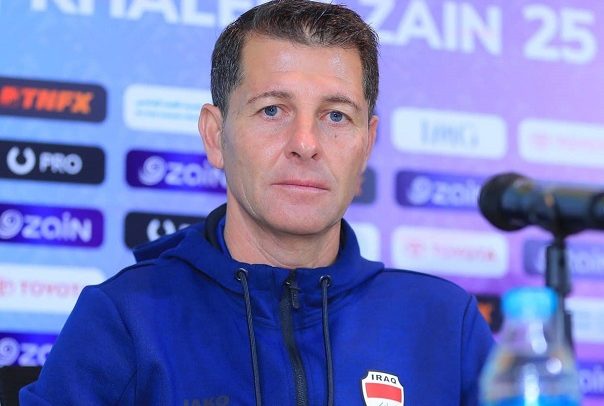
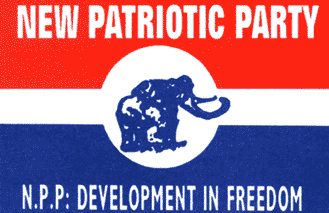
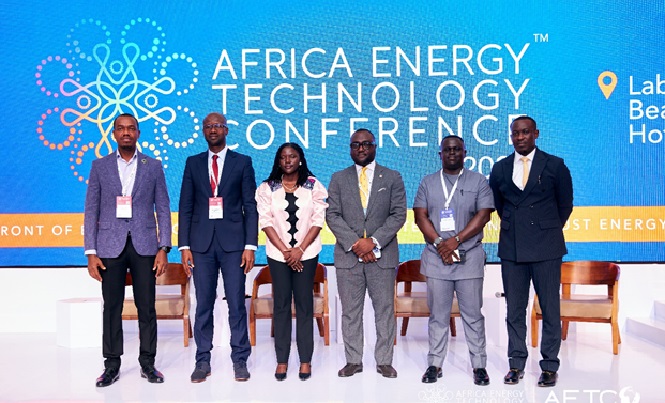











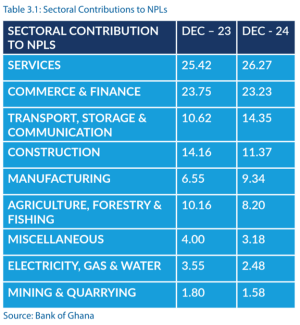
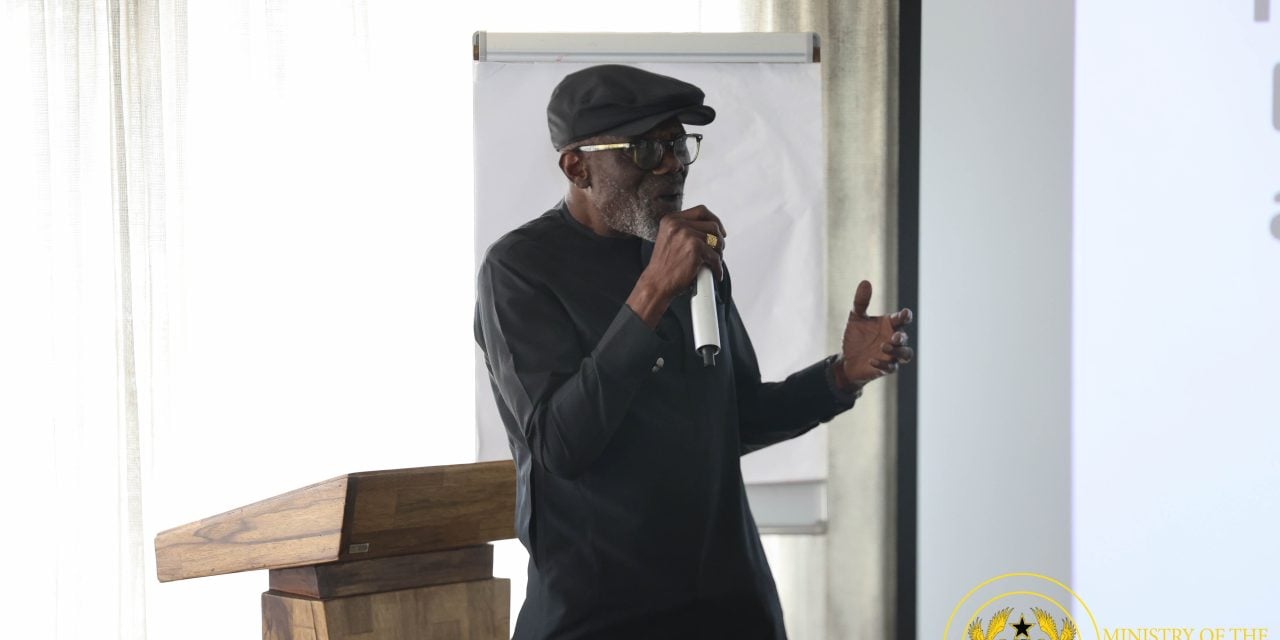
Facebook
Twitter
Pinterest
Instagram
Google+
YouTube
LinkedIn
RSS